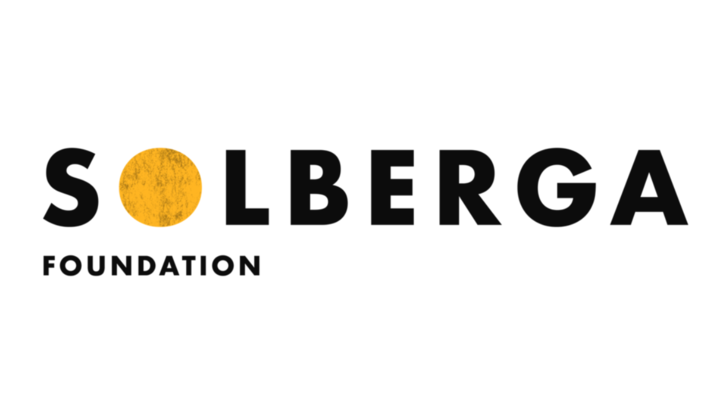Guerrilla Foundation
The Guerrilla Foundation was established in 2016 and is headquartered in Berlin, Germany. In its funding, the Guerrilla Foundation focuses on grassroots activism and social movements to bring about systemic change across Europe. Annually, the foundation's funding volume amounts to more than 1 million EUR, with climate and environmental justice among the core issues.
-

Alana Range
Dr. Romy Krämer
Managing Director
Rationale
Supporting grassroots movements is the best way to represent the perspectives and needs of groups most affected by social and environmental issues. Their focus on mobilisation, empowerment and self-organisation allows grassroots movements to connect struggles in ways that more organised civil society structures cannot. This makes them indispensable actors in proposing a genuine climate justice agenda that calls for the end of extractive capitalism, patriarchy and colonialism. However, many funders believe that grassroots movements lack professionalism and unduly challenge their own institutions; this limits philanthropic funding for grassroots activities.
Application in Practice
Rather than funding individual projects, the Guerrilla Foundation focuses on resourcing small grassroots groups and associations with an annual budget under 150,000 EUR. These groups often have no paid staff or offices and operate as collectives in a non-hierarchical way. By providing core funding, the Guerrilla Foundation enables these groups to use the funds where they are most needed and gives them the flexibility to respond to political opportunities.
The Guerrilla Foundation’s grantees implement strategies that range from protest and direct action to campaigning and community organising. Guerrilla rarely funds research or advocacy because these ‘professional’ fields stand for a ‘top-down’ approach and are usually well funded.
One of the Guerrilla Foundation’s recent grantees, for example, is Fossil Free Culture NL, a collective using artistic forms of protest as a vehicle to end sponsorship of cultural institutions in the Netherlands by the fossil fuel industry.
Expected Results
Grassroots movements employ varying tactics to mobilise people and affect change in different ways. This needs to be taken into account when trying to gauge ‘effectiveness’ and ‘impact’. Through collective action, movements seek to alter existing power structures, however they also try to prefigure alternative visions of society in how they operate. Grassroots movements thus not only are sites of resistance, but also of direct empowerment and imagination that create new forms of social relations, of organisation, and of political authority.
Lessons learned
What has worked well?
- Openness to emergence: Support experiments and activities with unsure outcomes. Facilitate exchange and strategizing among diverse groups and be open to support what emerges.
- Fund groups: Instead of funding projects or ‘solutions’, provide core funding to grassroots groups so they can plan with a longer-term orientation.
- Be humble: Ask what you can do to enable movements to drive change and what your role in the ecosystem should be.
- Don’t expect grassroots groups to turn into NGOs: Let go of the assumption that centralised and bigger is always better. Allow for a diversity of approaches, failure and experimentation and ask how you can support movement learning.
What are opportunities for new funders?
- Be courageous: Funding grassroots movements means questioning your own privilege and understanding that philanthropy itself is a symptom of the harmful status quo in which people and resources are exploited for the benefit of the few. Building the next system is exciting and an opportunity to bridge divides of wealth and class and reconnect with different conceptions of what it means to be human.


